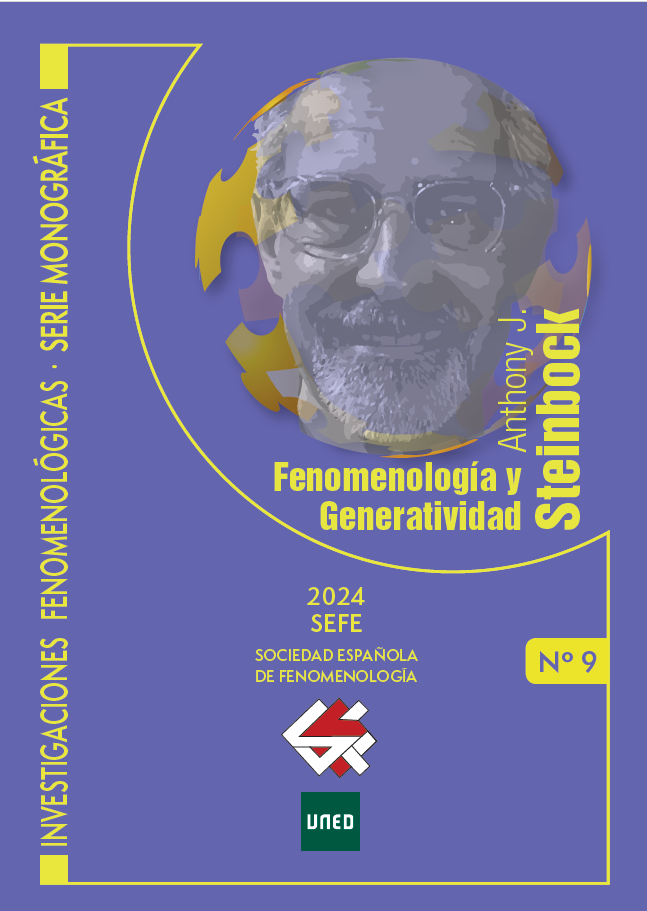Emotions, Science, and Generativity. A Husserlian Perspective
DOI:
https://doi.org/10.5944/rif.9.2024.41576Keywords:
constitutive analyses, Horizon, Cognitive Biases, Rational Interwovenness, Epistemic valuesAbstract
I start by addressing certain issues from Husserl’s static and genetic approaches, and then use the latter as leading clues to the generative approach as applied to Husserl’s concept of science. However, in order to justify our understanding that these three approaches are inextricably intertwined and correlative, we can use Husserl’s words from The Crisis, that “we find ourselves in a sort of circle” and that “we have no other choice than to proceed forward and backward in a zigzag pattern.” Indeed, the phenomenological reduction’s static approach is a regressive (deconstructive) inquiry into the structures, functions, and modes of subjective life, whereas the genetic/generative ones reconstruct the progressive paths of the individual and collective (i.e., historical) constitutions of meanings and validities. Finally, since the cognitive, emotional, and volitional spheres of conscious life and their preconscious strata and functions are essentially intertwined, the role of emotions in the constitution of “epistemic values”—and “cognitive biases”—is also addressed.Downloads
Downloads
Published
2024-12-23 — Updated on 2024-12-24
Versions
- 2024-12-24 (2)
- 2024-12-23 (1)
How to Cite
Rizo-Patrón de Lerner, R. J. (2024). Emotions, Science, and Generativity. A Husserlian Perspective. Investigaciones Fenomenológicas, (9), 187–225. https://doi.org/10.5944/rif.9.2024.41576 (Original work published December 23, 2024)
Issue
Section
Artículos
License
Copyright (c) 2024 Investigaciones Fenomenológicas

This work is licensed under a Creative Commons Attribution 4.0 International License.
![]()
Reconocimiento (by): Se permite cualquier explotación de la obra, incluyendo una finalidad comercial, así como la creación de obras derivadas, la distribución de las cuales también está permitida sin ninguna restricción.






